
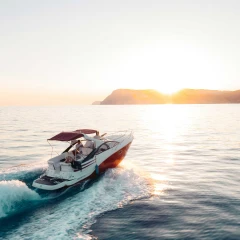
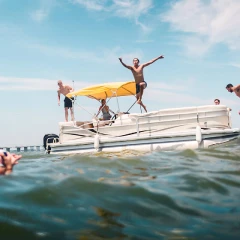
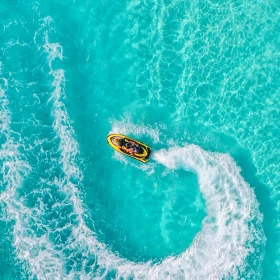




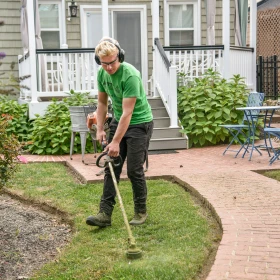
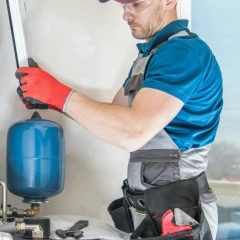


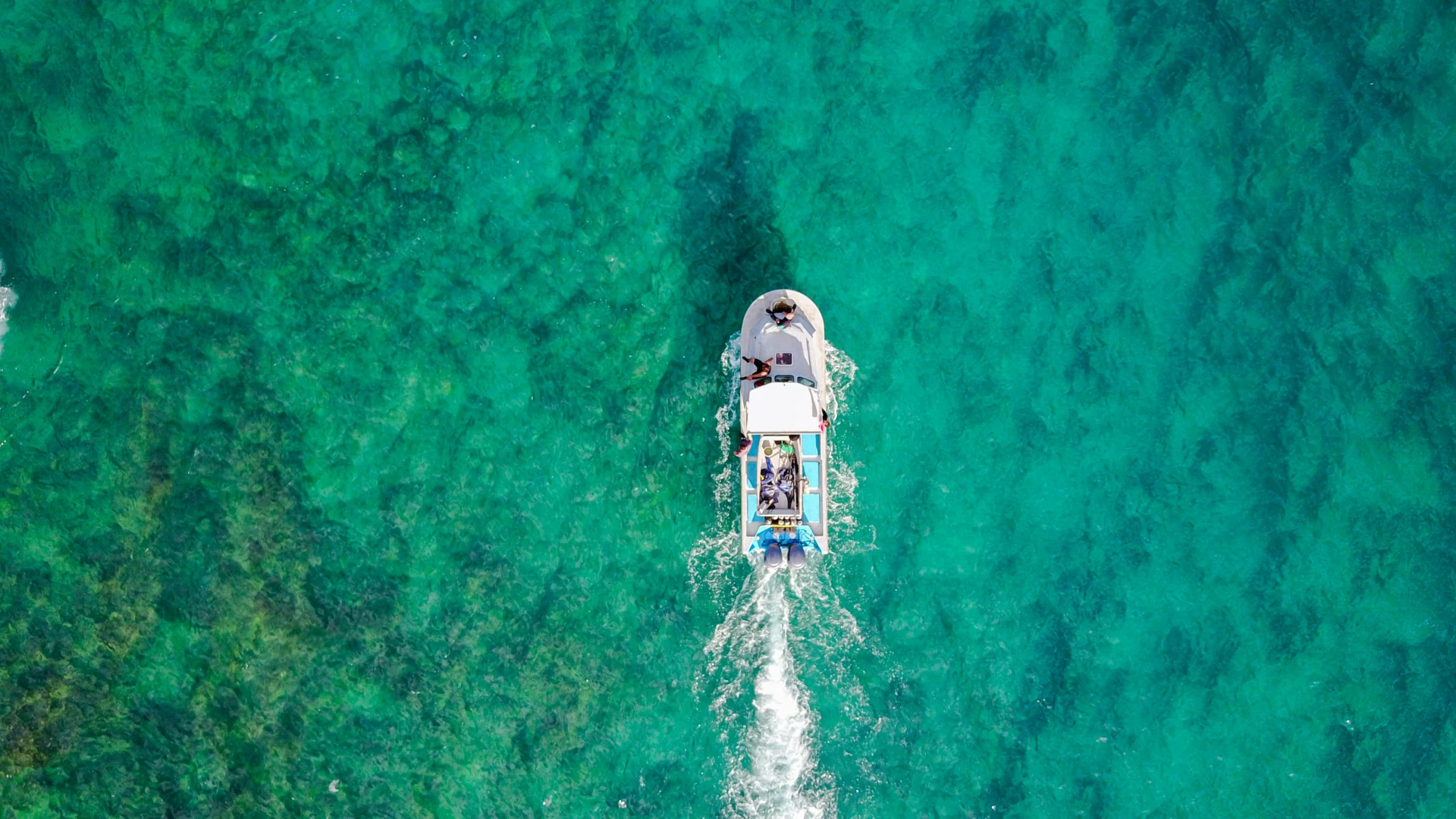

Hawaii does not have a statewide law requiring boat insurance for recreational vessels.
However, most state-owned moorings — which make up the majority of long-term boat storage in Hawaii — do require insurance. These facilities are often located in marine preserve areas, where environmental protection rules are strict.
Because of this, it’s common for mooring agreements to require:
Why hull coverage is usually required in Hawaii:
Unlike many mainland states where “liability only” policies are common, Hawaii’s insurers often won’t issue them. Cleanup costs for environmental damage in marine preserves can be extremely high, and carriers generally require hull coverage to balance that risk. Many also require a hauled survey before issuing coverage.
There are no state-mandated minimum coverage amounts for recreational boaters.
However, if you:
…you’ll almost certainly be required to carry:
Boat insurance in Hawaii tends to be more expensive than on the mainland due to saltwater use, year-round ocean exposure, and higher environmental risk.
Industry estimates suggest:
Actual premiums can be higher for vessels:
You may be able to reduce premiums by:
If your boat is financed, lenders often require:
These requirements are in addition to any state or mooring facility rules.
You’ll typically need to provide:
All motorized boats in Hawaii must be titled and registered with the Hawaii Division of Boating and Ocean Recreation (DOBOR).
Registration is valid for one year, and decals must be displayed on both sides of the hull.
Location can influence premiums:
Many harbor facilities require annual proof of coverage to maintain your slip.
This article provides general information and is not legal or insurance advice. Coverage availability, terms, and costs vary by insurer, policy, and location. Always confirm specific coverage requirements with your licensed insurance provider and the Hawaii Division of Boating and Ocean Recreation before making decisions.
